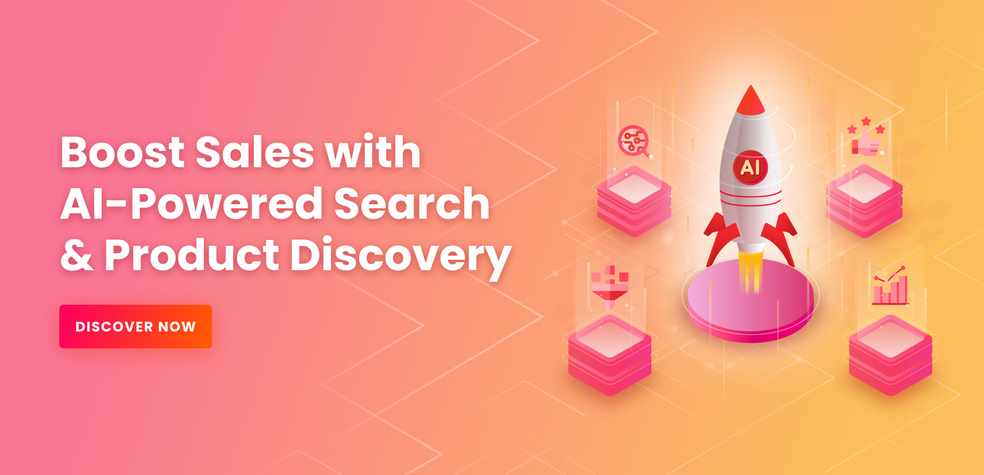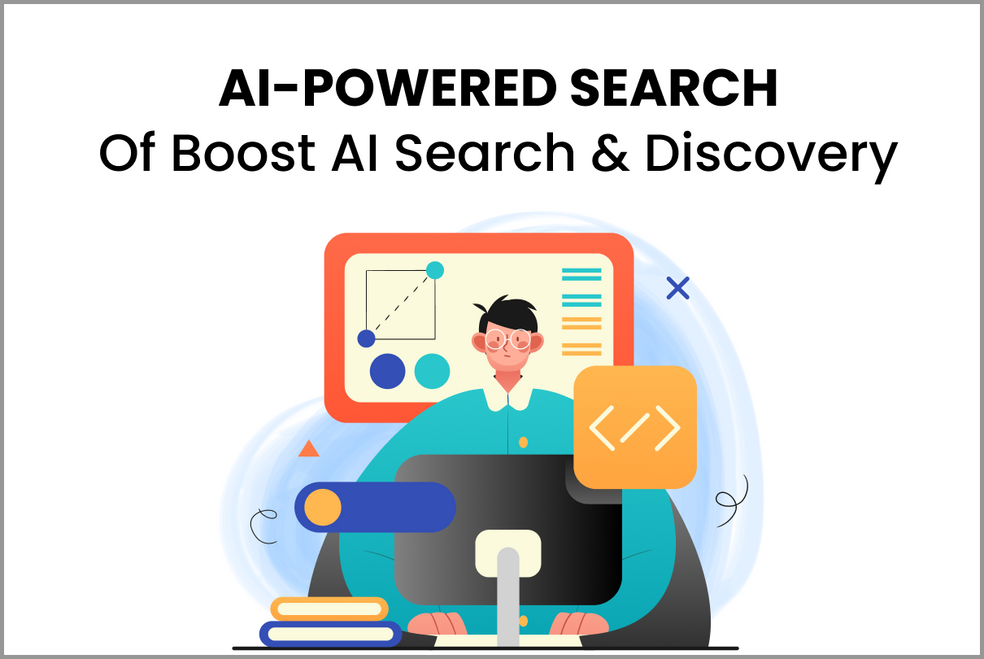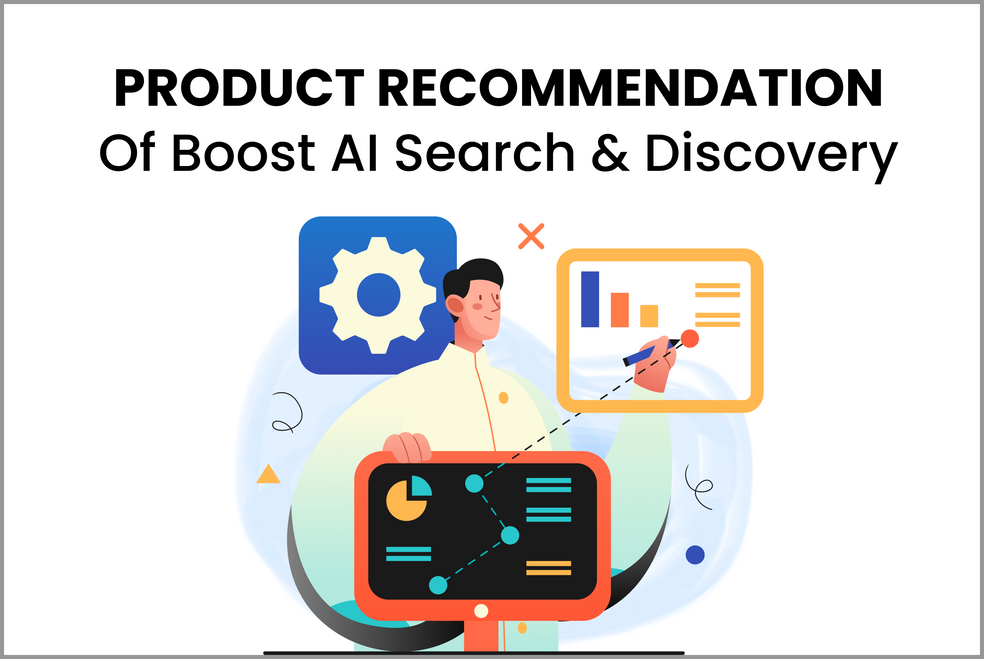What is AWS (Amazon Web Services)?
Amazon Web Services (AWS) is a pay-as-you-go type of cloud computing service offered by Amazon. Customers can use the service for any type of computing use case, including data analytics, software development, machine learning projects, database storage and management, streaming technology for media companies, and many others.
AWS is one of the most popular cloud-computing services used today. AWS provides services to individuals, medium-sized businesses, and enterprises. It offers a wide range of services in terms of computing capacity and machine learning technology.
AWS was created in 2006 by Amazon based on work it had done running EC2 from 2003 to 2006. In 2007, Amazon launched the first web-service open platform, complete with a web services S3 object storage. The service quickly grew in popularity and by February 2012 it surpassed the capacity of EC2, Amazon’s public cloud computing service.
What is AWS used for?
AWS offers a wide range of services to individuals that are forward-thinking and have a big idea. For example, it offers services to developers in terms of database storage and hosting, content delivery, game streaming, and also design for those who are looking for web hosts.
AWS provides an easy-to-use graphical interface where you can launch an instance based on the operating system of your choice. This means you can have Linux, Windows, or SUSE Linux server running in the AWS data center at your beck and call.
Also, it offers high levels of security in terms of encryption and authentication with features like IAM that help prevent unauthorized access to resources while also helping with auditing.
In addition, it also offers services that help companies with their business models while they focus on their own core competencies. These companies can launch applications in AWS with very little upfront investment and make use of a pay-per-use computing model.
AWS provides for companies to scale up or down as needed, helps them to better manage their budgets, and also helps them to focus on things that matter the most to their business.
Examples of AWS from worldwide enterprises
1. Samsung
Samsung began by using AWS to build its Bixby Virtual Assistant, which is used on its smartphones. Today, it uses AWS in order to support its entire digital platform as well as its global business applications, including digital cockpit displays for airplanes and energy management systems for smart factories based on IoT technologies.
2. Netflix
Netflix is a global leader in streaming and entertainment media. It’s been using AWS to build the next generation of its digital platform, including the global load balancing systems and customer service systems. Moreover, it uses AWS for its recommendation engines that help to match customers with TV shows that they might be interested in.
3. BMW
BMW – the major car manufacturer based in Munich, Germany – adopts AWS for product design and engineering.
It uses AWS for the development of applications that help deliver its product around the globe and helps to manage the company’s worldwide logistics operations, making use of its IoT systems in order to handle inventory and sales.
4. Disney
For the past half-century, Disney has been a major force in entertainment and media. Today, it’s using AWS to build a new generation of applications for its global platform.
The company has created an all-new entertainment ecosystem that will help it stay on top of technological changes and will also make use of an IoT infrastructure to improve the customer experience.
5. Intel
AWS has helped Intel develop new products and services that are based on IoT technologies. Additionally, AWS has also helped Intel move towards a cloud-first strategy, as well as an agile development model that allows it to deliver new products faster than ever before.
Why AWS?
1. Lightning-fast speed
Machine learning is far faster and more accurate than just relying on your own machine or smart device to deliver the necessary results.
You can use AWS to run machine learning algorithms that are based on TensorFlow, a high-level data flow engine that is capable of producing optimal results very fast. It works best when you’re dealing with large data sets in the cloud, helping to get you the automated services that you need in minutes.
2. Reducing costs
There are two key expenses that you need to take into account when you’re considering the benefits of using AWS. The first is the upfront costs associated with going into the cloud and getting AWS running efficiently in your business.
The second cost is the ongoing expenditures that you make in order to utilize its services.
3. Better performance and higher security with AWS tooling
The AWS CloudWatch monitoring service can provide you with the information that you need to optimize and manage your account. It enables you to create alarms for different functions in order to ensure that the cloud environment is running smoothly and that there are no errors or hacks taking place.
You can also gain access to a suite of services known as AWS Trusted Advisor, which helps you to look for errors and performance issues in your account, helping you to identify any potential areas for improvement.
4. Automation
AWS offers a variety of ways to automate the management of your account, including the AWS CloudFormation and the AWS Lambda functions. You can save yourself loads of time and allow far more collaboration between all those involved in managing it, making it simple to deploy applications quickly using just a few clicks.
Product Filter & Search by Boost is powered by AWS
With Amazon Web Service (AWS) power, Product Filter and Search by Boost offers you over 99% uptime and accommodates at least 3x higher spike in web traffic. Rest assured that your Shopify store – even with thousands of products, will always run smoothly, perform search queries, filter requests, and so on… during busy traffic hours without glitches.
















